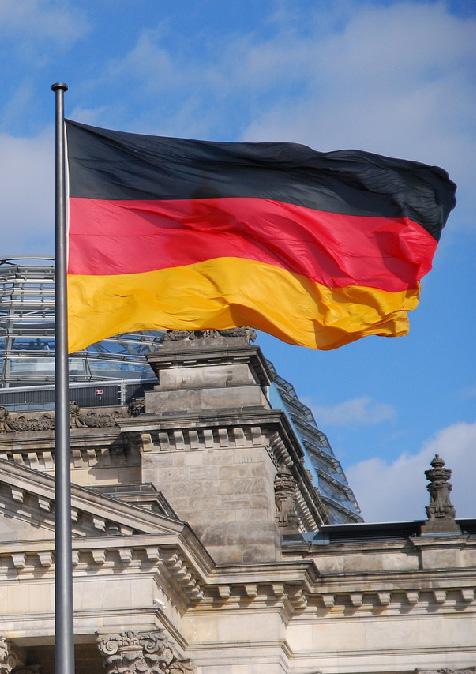Publications /
Policy Paper
Fréquemment qualifiée « d’espace non gouverné », la frontière nigéro-libyenne est pourtant au cœur d’enjeux économiques, politiques et sécuritaires majeurs. Tant les autorités libyennes que l’État nigérien peinent à asseoir un contrôle étroit sur cette zone particulièrement enclavée. Pourtant, les acteurs locaux qui l’occupent produisent leurs propres modes de gouvernance, fondés sur des relations individuelles et, pour l’heure, très peu institutionnalisés. Ces formes de régulation locales offrent l’opportunité aux États de la sous-région et à leurs partenaires internationaux d’y envisager des possibilités d’administration indirecte. La priorité actuelle semble aller à des formes externalisées de sécurité tant les agendas de ces acteurs sont orientés vers l’antiterrorisme et la lutte contre l’immigration dite irrégulière.
Cet espace fait en effet face à une militarisation sans précédent, soulevant aujourd’hui une question fondamentale : un excès de militarisation ne risque-t-il pas de produire plus d’insécurité qu’elle n’en combat à moyen ou long terme ? La stabilité de cette bande frontalière repose en partie sur la préservation d’équilibres économiques, politiques et sociaux qui menacent d’être remis en question par une approche purement sécuritaire. Concevoir une gouvernance holistique de la sécurité requiert de la part des États de pouvoir arbitrer de manière souveraine sur les piliers d’une sécurité humaine pensée à long terme.








